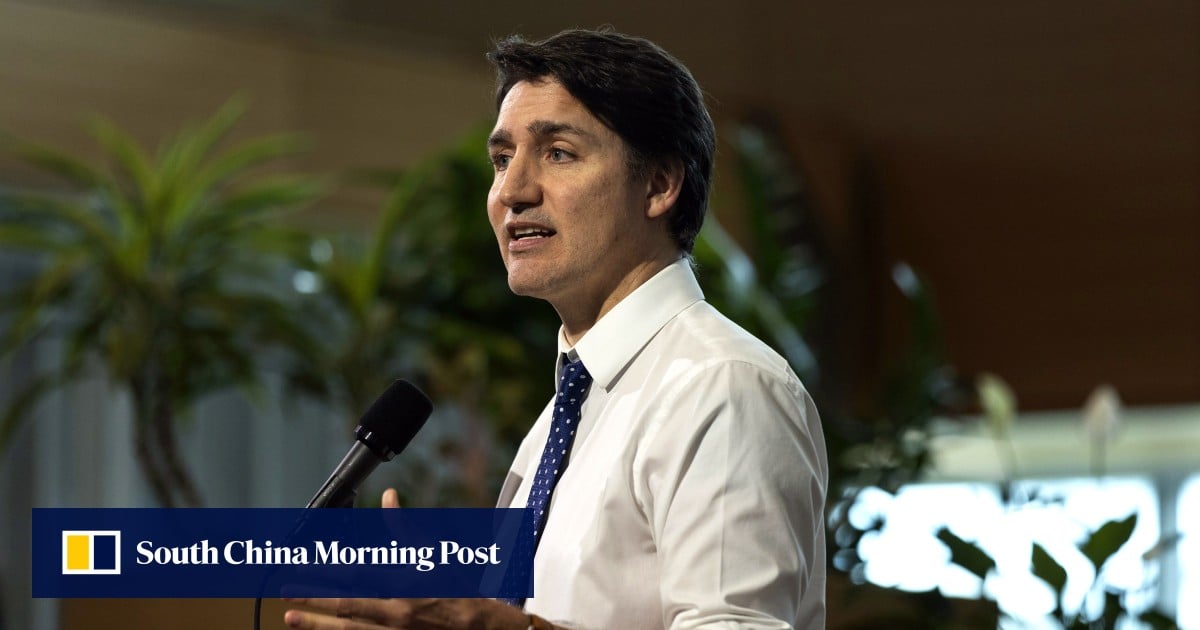The activity that could land someone on the registry include lobbying a public official, advertising to the public or distributing funds on behalf of “foreign principals”, which could mean a foreign government or other proscribed foreign organisations.
There are several exemptions, including for people who hold a valid diplomatic passport. The government will also create a new commissioner office to oversee the registry and related laws.
In addition, the law will strengthen criminal statutes around sabotage directed at “essential infrastructure,” create new criminal offences for carrying out certain kinds of foreign interference activities and make it easier for security agencies to issue warnings about foreign interference based on classified information.
Over the past few months, a public inquiry has been digging into allegations China meddled in the last two Canadian elections in an attempt to get Beijing-friendly candidates elected.
On Friday the inquiry produced a report concluding there were likely some interference activities, but they did not affect the overall result or undermine the integrity of the elections.


